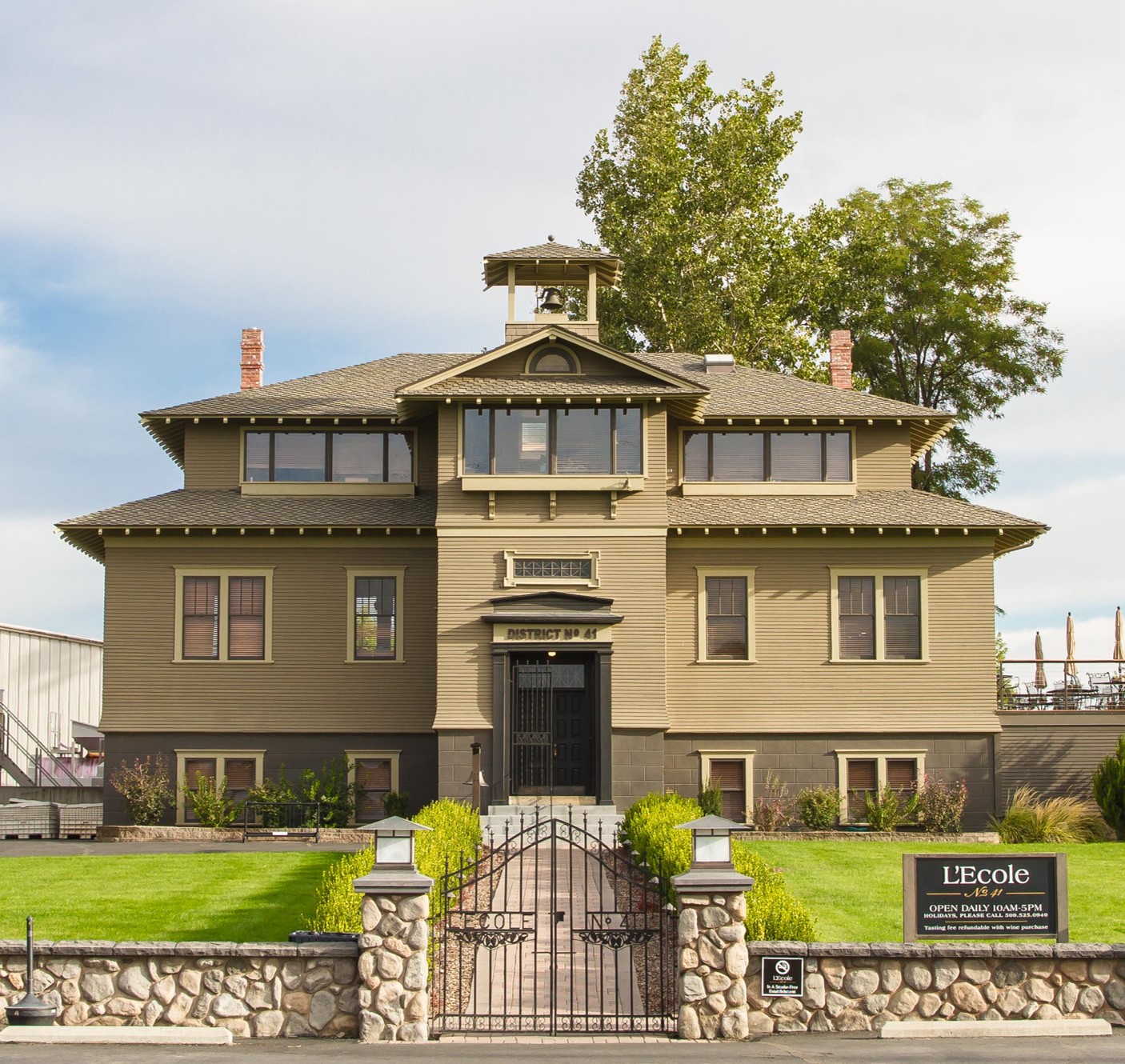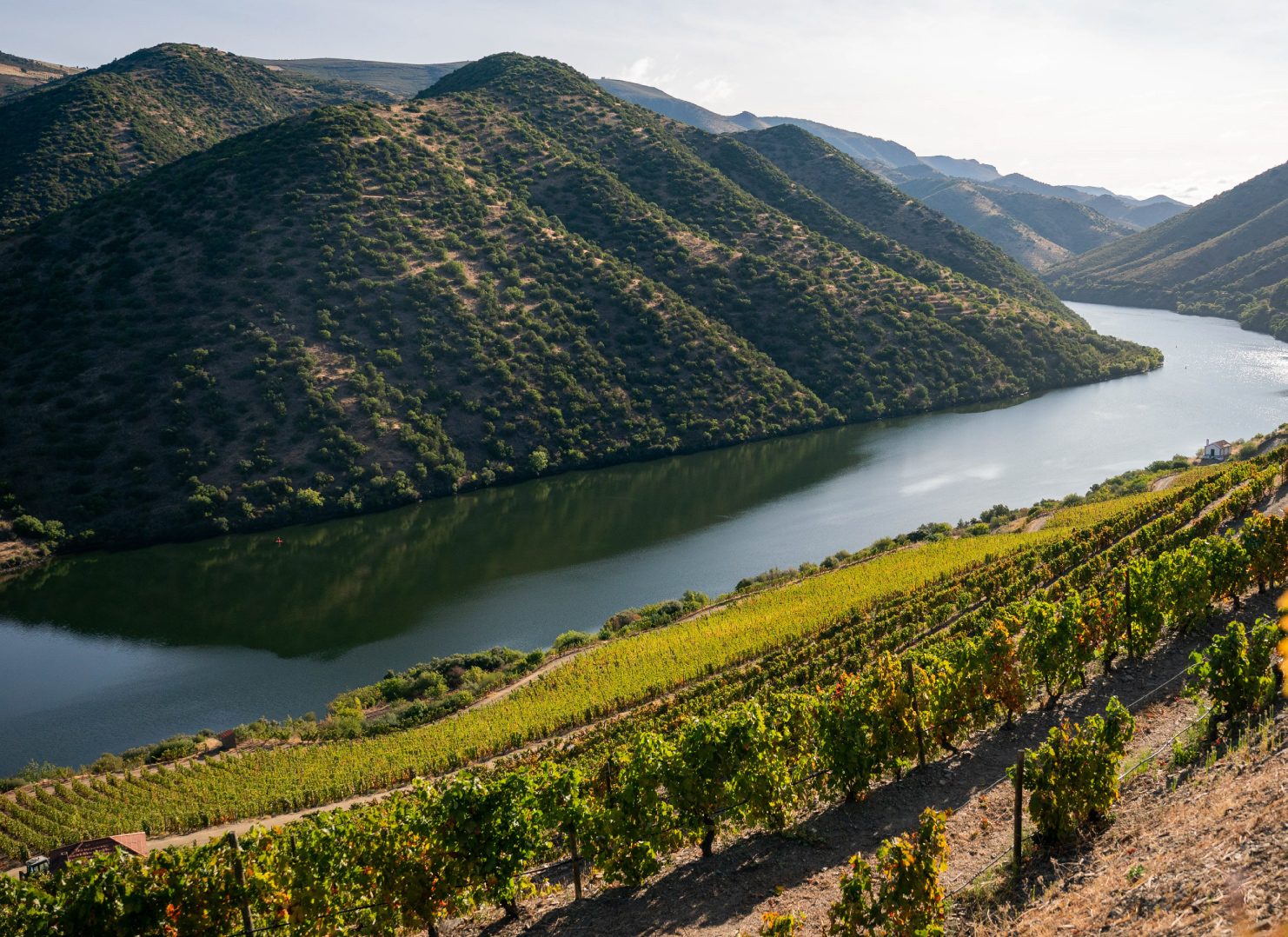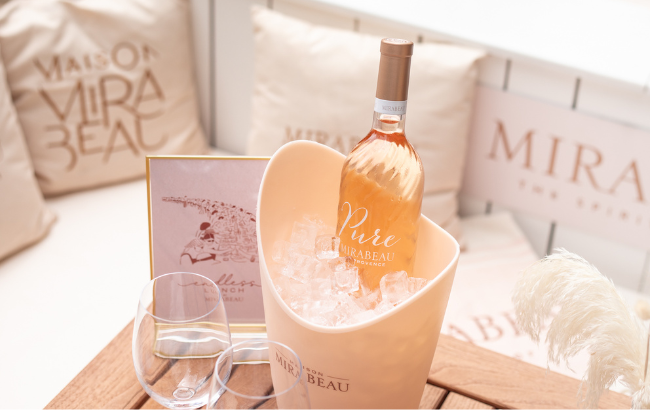Oldest winery yet found in Lebanon unearthed
A 2,600 year-old Phoenician wine press in a “remarkable state of preservation” has been unearthed in Lebanon, the oldest example yet found in the country.
Dating to at least the 7th century BC, the wine press was discovered at Tell el-Burak, five miles south of the city of Sidon on the coast.
The press includes two large, plaster-lined basins, one above the other. Grapes would be deposited into the first basin to be crushed and a small outlet would let the juice flow into the lower basin where it could then be collected in jars and transferred to other vats and amphorae for fermentation and transportation.
In this form it is more or less identical to other wine and olive presses found at Bronze and Iron Age sites throughout the Mediterranean.
Further analysis of pottery and seeds discovered at the site confirmed it was wine being produced there as opposed to olive oil.
The press was so well preserved that as well as providing an insight into ancient wine production, the preserved plaster will also allow further study into ancient Phoenician construction techniques.
As the abstract for the study, published in the journal Antiquity, relates: “Its remarkable state of preservation enables a systematic study of its plaster to be made as well as a comparison with two other plastered installations at the site.”
The wine press was uncovered along with six houses and given the collection basin has a capacity of 1,200 gallons of new must, the archaeologists at the site postulate that much of what was produced was intended for export.
The Canaanites and their Phoenician successors, whose heartlands were – broadly speaking – located in and around modern Lebanon, were renowned winemakers in the ancient Mediterranean.
Partner Content
Canaanite winemakers were employed by Egypt’s pharaohs to manage their vineyards in the delta, while the wide-ranging Phoenicians are known to have spread wine and winemaking (in addition to olive oil, glass and their alphabet) through trade, as well as through their colony cities, across the Mediterranean through North Africa and modern Sicily, France and Spain.
Patrick McGovern from the University of Pennsylvania, a renowned expert in the field of ancient beverages and biomolecular archaeology, has explained before in his work that the importance of wine in Canaanite and later Phoenician religious rituals later carried over into Jewish and then Christian practices too.
That said, although archaeological discoveries of Canaanite and Phoenician sites have been found in places such as Israel, very little has yet been uncovered in Lebanon itself – not helped by the country’s often parlous and volatile political situation.
Hélène Sader, an archaeologist at the American University of Beirut and co-director of the Tell el-Burak dig explained that: “Wine was an important Phoenican trading item,” but, “the coast was never thoroughly surveyed, and very few sites with Iron Age [Phoenician] remains have been properly excavated”.
Following this find, it has been speculated, however, that perhaps Tell el-Burak supplied at least some of the wine in the hundreds of amphorae found in two Phoenician shipwrecks dating to this period that have been found off the Israeli coast near Ashkelon.
Meanwhile, as reported earlier this month, archaeologists in Israel working on the Canaanite palace at Tel Kabri, a complex that contained an extensive wine cellar and also very possibly its own press, now believe that a sudden and violent earthquake in around 1,700BC was the cause of the site’s abandonment by its occupants.





This is the land where my published novel Immortalize begins! Kabiri the wine-maker claims to be from 8th century BC Sarepta, just a few kilometers away from this very site.